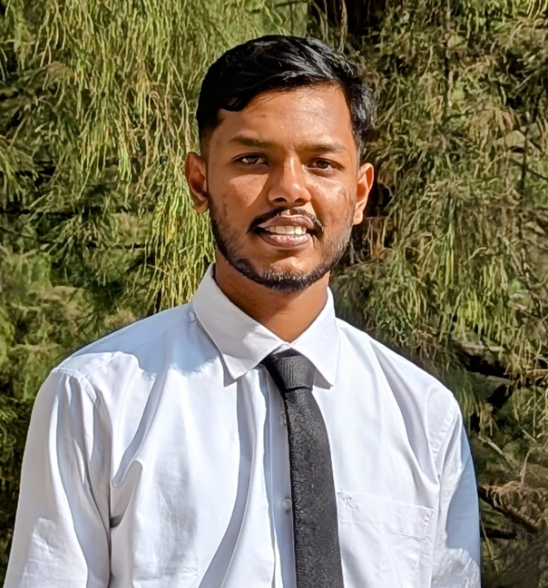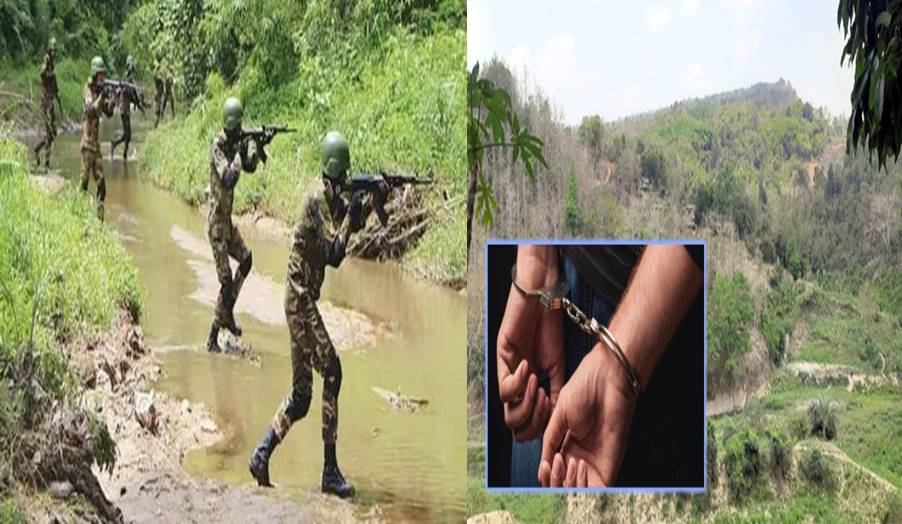Human chain and torch procession at CU Shaheed Minar demanding implementation of Teesta Master Plan


Published: 08:15 19 October 2025
A human chain was held at Shaheed Minar of Chittagong University to protest the long-standing deprivation and discrimination in the northern region of Bangladesh and to demand the speedy implementation of Teesta Master Plan. The human chain titled “Solidarity for the Implementation of Teesta Master Plan and Discrimination in North Bengal” was organized by Rangpur Division Students Unity, Chittagong University (CU) on Sunday (October 20) at 6 pm at the Shaheed Minar premises of the university.
Students, teachers, officers and employees of various faculties of the university, as well as students of the greater Rangpur division participated in the human chain. The speakers present said that the Teesta Master Plan is a national demand related to the economy, agriculture and livelihood of not only North Bengal, but also the entire Bangladesh. The northern region has been neglected for a long time. The deprivation of this region in irrigation system, agricultural development, industrialization and employment is clear. Therefore, they commented that if the implementation of the Teesta Master Plan is delayed, not only North Bengal but the entire country will be affected.
The newly elected Chaksur General Secretary (GS) Saeed Bin Habib was present at the program to express solidarity. He said, “India is not only the enemy of Bangladesh, but India is the enemy of humanity. The interim government must disclose all the agreements made with India to the public. The agreements related to the interests of Bangladesh must be maintained and all the remaining agreements must be canceled.” The students present responded to his speech with thunderous applause.
After the human chain, a protest torch procession started from Shaheed Minar and circled the main road of the university before ending at Zero Point. With burning torches in their hands and slogans in their voices—“We want the implementation of the Teesta project, we want an end to discrimination”—resounded throughout the campus.
The organizers said that if the Teesta Master Plan is implemented, agricultural production in North Bengal will increase, employment will be created and internal migration will decrease. The implementation of this project will ensure the country's food security and economic balance. They called on everyone, regardless of party or opinion, to show solidarity in this movement.
At the end of the human chain, the participants vowed to continue the movement until the Teesta Master Plan is implemented. Their voices echoed with one demand—“Save Teesta, save North Bengal, save Bangladesh.”
Most Readed - National
- JB's law department student Mehnaz not included in BJS gazette
- Farewell ceremony of 5th grade students of The Child Learning Homes held in Durgapur
- 56 BGB seizes four ownerless Indian cows at Boda border
- BGB seizes huge quantity of Indian liquor in night operation
- Miscreants attack on rice sheaf banner in Narail - Concern in Hindu-dominated areas
- Fraud in the name of unregistered cooperative in Narail - Allegations against Astha Sangstha
- Gazipur teenager Selim suffers from terminal cancer, desperate plea for help
- EB Chhatra Dal's prayer mahfil for the health of Khaleda Zia
- EB Reform Movement's sit-in program on two demands
- Savar Disabled Woman Hanufa Murder Case: Property Misappropriation Was the Main Motive, Newly Revealed
- The Iranian public has mixed reactions to the death of President Ibrahim Raisi
- Iran's President Ebrahim Raisi and Foreign Minister died in the helicopter crash
- Ibrahim Raisi Killed: Mere Accident or Premeditated Murder?
- in the memory of Ibrahim Raisi, mourning in the country
- 3 KNF members were killed in a joint operation led by the army in Bandarban
- Today is Sheikh Hasina's 44th Homecoming Day
- Urinary Bladder Cancer: Symptoms to watch out for
- Kangana will say goodbye to the world of cinema forever
- High blood pressure 'silent killer' for kidneys
- France supports arrest warrant application against Netanyahu-Hania





